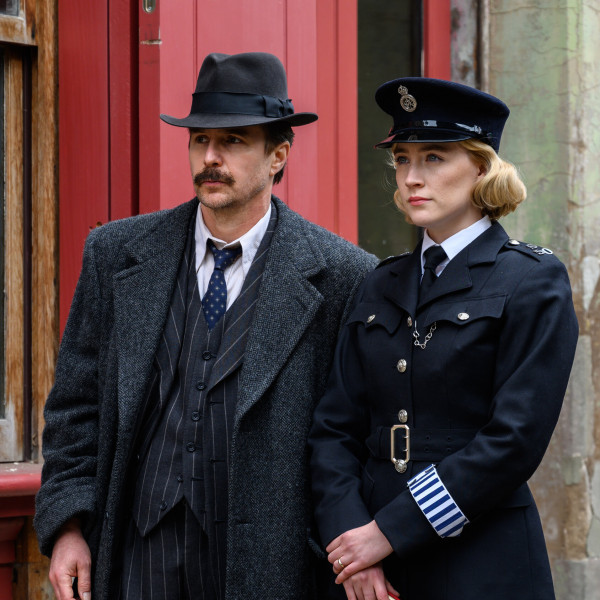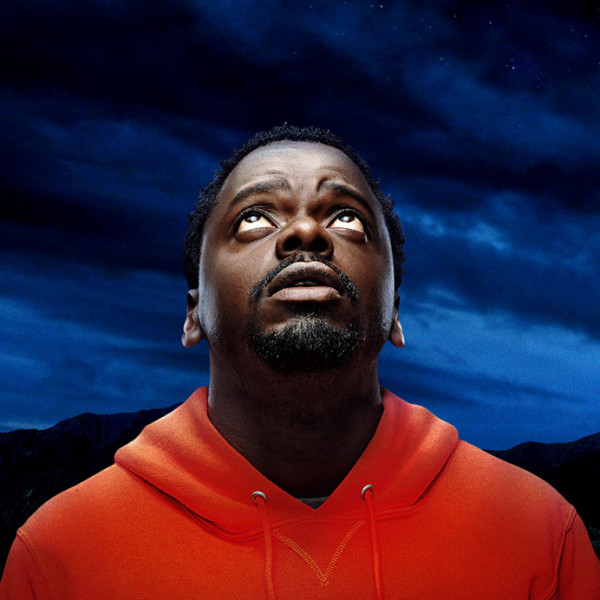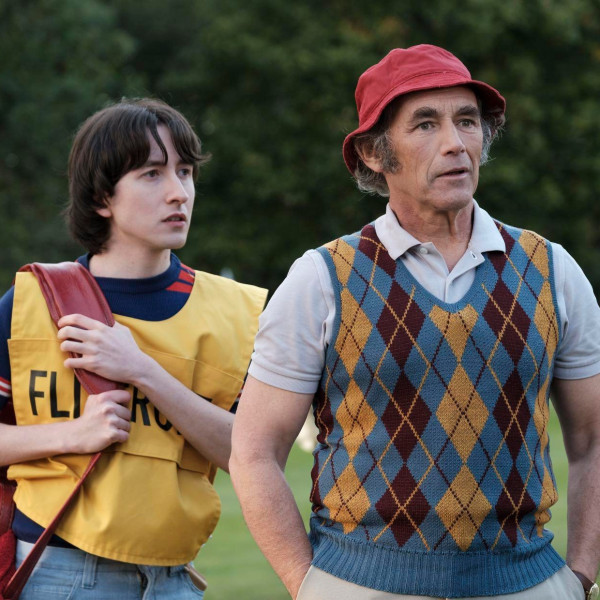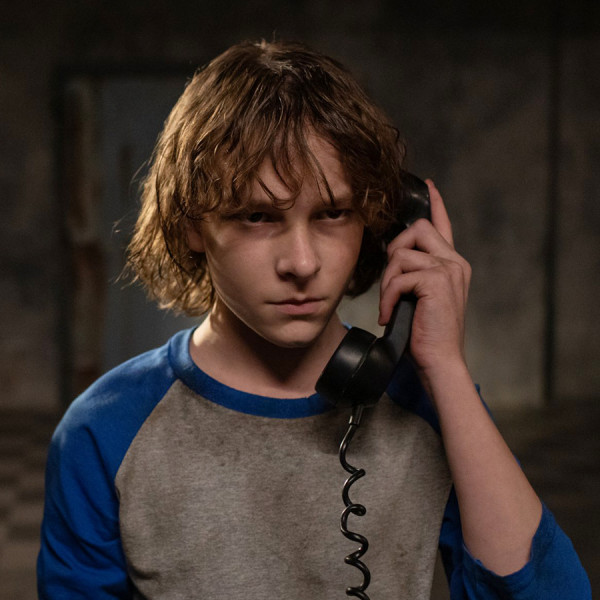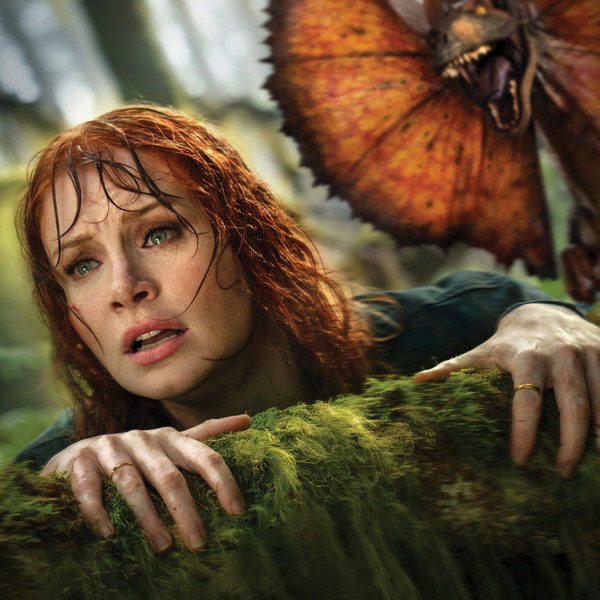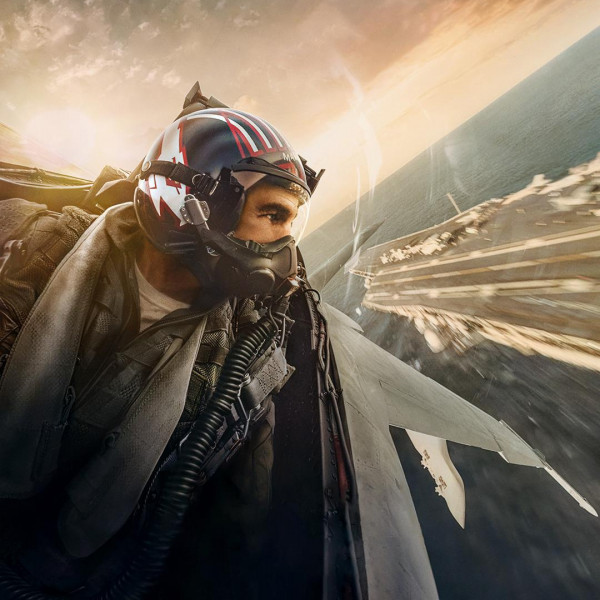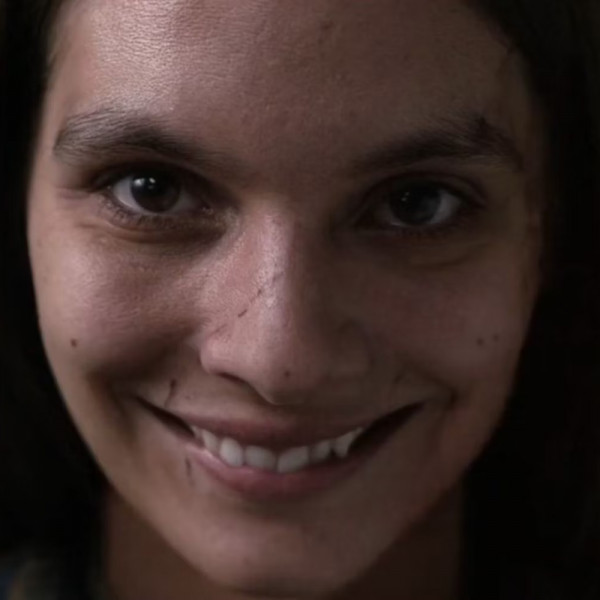
The latest horror to terrorise screens around the globe, Smile has really got me thinking: should someone be able to review a film when they had their eyes covered for half of it? That question just about sums up how good – or in other words how freaking terrifying – this movie was.
Smile follows Dr Rose Cotter (Sosie Bacon) after she witnesses a bizarre, traumatic death involving a patient she just met (Caitlin Stasey). After this incident, she starts experiencing frightening occurrences that she can’t explain. When this overwhelming terror begins taking over her life, smiling at her as it does, Rose must confront her troubling past in order to survive and escape her horrifying new reality.
Smile is by no means a genre-defining idea. Plenty of horrors in the past have taken something that is usually associated with happiness – clowns for example – and twisted it into something quite the opposite. However, director Parker Finn and his team have taken this formula and executed it to perfection. From start to finish the story gleefully plays with audiences’ expectations to create some genuinely nasty moments, unpredictable jump scares, and tension-filled scenes. Each upside-down camera shot or suspenseful piece of music is calculated in its use while the seamless transitions mean you can hardly stop for a breath – much like the main character, who is brilliantly portrayed by Bacon. Unlike her friends and family in the film, you can genuinely feel her fear and emotion as you root for the tortured clinical psychologist to find a way to escape from what haunts her.
Smile also plays with some deeper themes, adding depth to the surface-level terror. It speaks to the impact of trauma and the effect this has on mental health. Although somewhat predictable, the action-packed conclusion had me on the edge of my seat. I was taken out of the moment somewhat due to some poor visual effects, but this was just a small blemish in what was a red-blooded crowd-pleaser throughout.
Having never smiled less in my life, Smile is not for the faint of heart. Horror fans however can delight in its jarring story that dances with the smiling face of evil.



